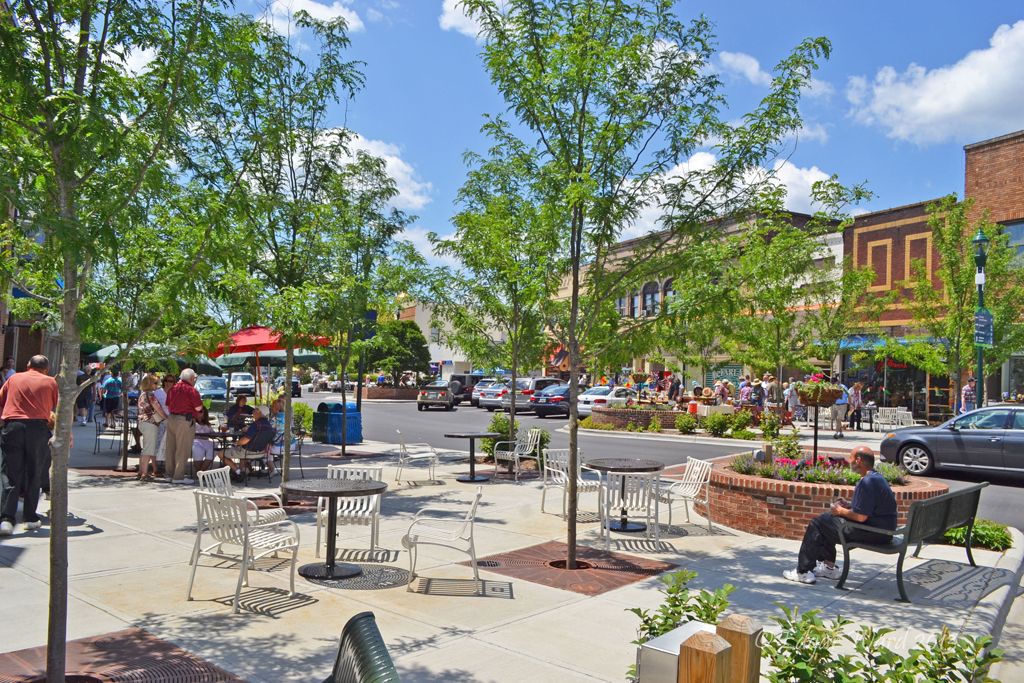Speak on transportation in Bend!
The City of Bend is requesting public input as they plan their next Transportation System Plan. The Plan will be the guiding document for transportation in Bend over the next 20 years. Any new transportation projects built in the City over the next 20 years, including transit, bike lanes, sidewalks, and road projects, must be included in this plan, so it is important to make your voice heard now.
Take the survey now!
Survey time: approximately 15 minutes.
The survey is an “Online Open House” that presents draft goals, funding information, and current conditions in a series of tabs. The final tab is labeled “Provide Feedback” and allows you to share your ideas using an interactive map, and voice your ideas and concerns about overall transportation needs, issues, or opportunities using a short survey.
If you need help with this online survey, or have any other questions, LandWatch is here to help. Contact Rory at 541-647-2930 ext. 804 or rory@colw.org.
Transportation planning shapes the type of community we grow into.
Some points to consider as Bend plans its transportation future:
- Safety on our transportation system is one of our primary concerns. Our roads are not safe for all users. Vehicle collisions are increasing on busy roads. The percentage of bicycle and pedestrian fatalities in Bend is twice the state average. In the current 2019 to 2023 funding cycle, the City plans to spend $164 million on transportation projects, and only $800,000 of that money will go towards bicycle, pedestrian, or accessibility projects. That’s less than one-half of one percent of all transportation spending. The new Transportation System Plan should make sure that all new transportation projects will increase safety for all transportation users.
- As Bend continues to grow, our transportation needs are changing. The new Urban Growth Boundary plan calls for dense, mixed-use neighborhoods in strategic core areas of the City, including the [Bend Central District]. These neighborhoods will require better transit, bicycle, and pedestrian infrastructure to achieve their vision of being complete communities, where residents can access necessary services within a 20-minute walk. Providing these transportation options will also reduce traffic for the rest of us.
- State law requires all cities to make commutes shorter. This is called reducing per-capita vehicle miles traveled (VMT). Reducing VMT relieves congestion, improves public health, increases safety, leads to greater economic development, and reduces greenhouse gas emissions. The new Transportation System Plan must show how the City will make progress towards decreasing per-capita VMT.
- Congestion is increasingly a problem in Bend that creates unsafe streets, makes travel unreliable, and creates poor air quality. Widening roads cannot solve the problem. Most neighborhood roads don’t have room to expand. New lanes are an expensive liability that we have to pay to build and maintain. Wider streets decrease neighborhood livability, they are unsafe, and they directly cause more congestion. The most efficient way to plan our transportation future is to avoid forcing more and more cars onto the road by making commutes shorter.

